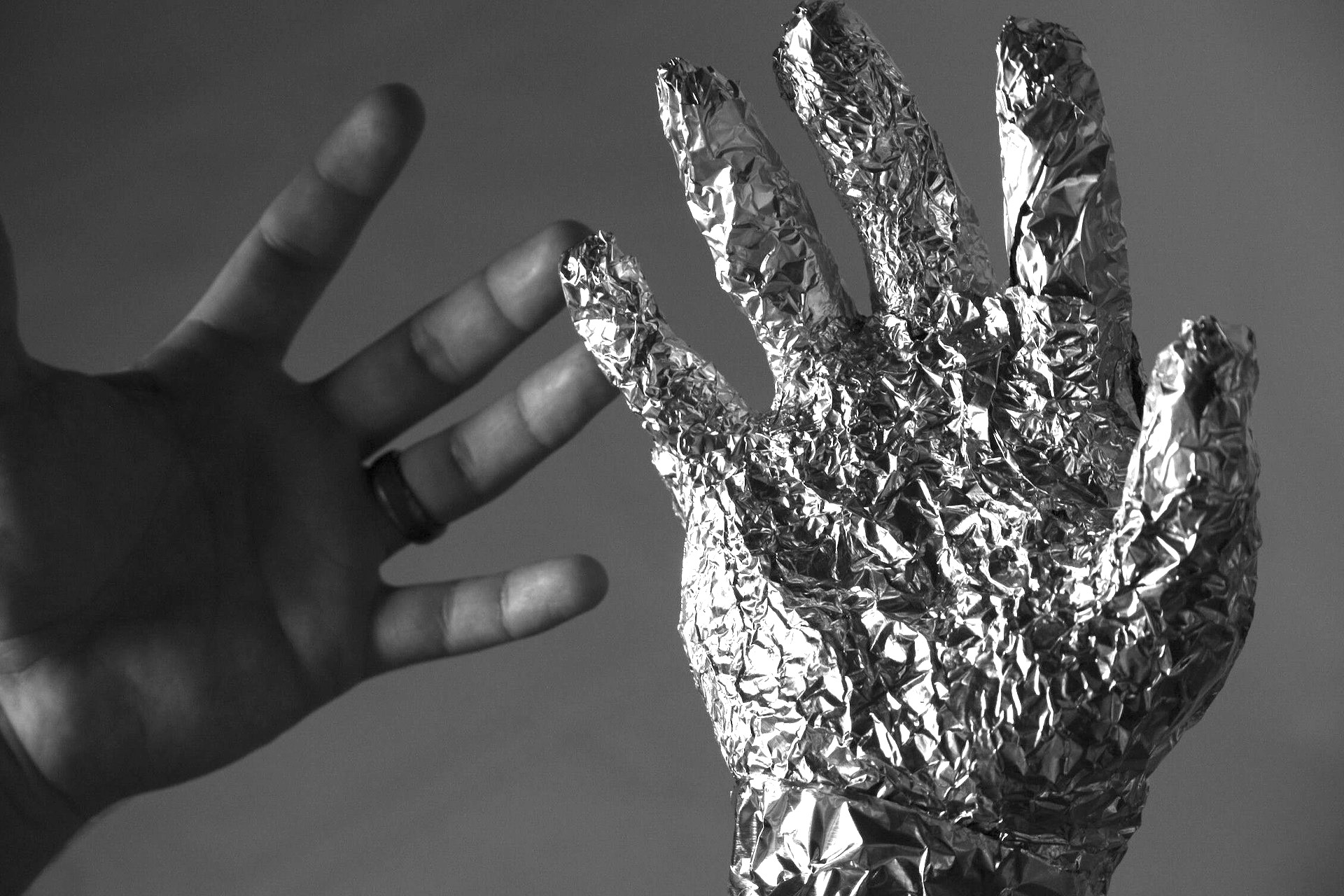Given the breakneck pace of improvements in automation and artificial intelligence, fears about job loss and human obsolescence are taking increasing space in the cultural imagination. The question looms: What is the future of human work in a technological age?
In A World Without Work: Technology, Automation, and the Future of Work, a new collection of essays from AEI’s Values and Capitalism project, four academics explore those concerns from a Christian perspective. “Will job growth come in new sectors that we cannot yet imagine?” asks V&C’s Tyler Castle. “Will people use increased leisure time in productive ways? Most importantly, what are the social, political, and spiritual implications of a world without work?”
In the concluding essay, Kevin J. Brown, professor of business at Asbury University, highlights the importance of overarching narratives, arguing that our vision of the human person plays a significant role in shaping our response to economic disruption. When human value is called into question, from what position or perspective will we respond?
Through such a perspective, technology is a tremendous threat, leading to an inevitable “sunsetting” of human value as we know it. Indeed, according to Ray Kurzweil, Google’s resident futurist, the future will consist mostly of “transhumans” or “human consciousness embodied in machinery” — an economy filled with servile hybrids, cooperative and compliant with the blind strides of the bigger, broader “evolutionary machine.”
Yet Brown suggests a different narrative, one through which humans are not powerless cogs, but “deliberately designed and uniquely created.” Similar to the vision outlined in Acton’s Core Principles, Brown’s “design narrative” frames humans as having an inherent dignity and worth, born in the image and likeness of a creator God. “We are spiritual beings,” he writes. “We are not simply the sum of our biological components. Nor does our value merely rise to the level of our economic productivity. We have a spirit; a soul.”
But what does a design narrative have to do with the rise of technology and drastic shifts in labor markets? Can changing our perspective of the human person really shift the future of our work in the modern economy?
Brown believes it can, and offers the following three implications for how we think about and navigate the economic disruption of our age.
1. Metaphors matter.
If humans are designed and resemble the productive, creative, and relational qualities of the designer, then we should be entirely skeptical of attempts to compare humans to horses, advanced computers, or any other organism that does not bear God’s image.
…If we conceptualize ourselves under the design narrative, then we have a new basis for appreciating human adaptability and malleability… That is, we have capacities for assessment, critical thinking, and problem solving (reason); we are characterized by free agency and obligation (will); we are constituted by cooperative interactions and find meaning and connection in others (relation); and we possess and regularly exercise compassion, goodwill, and commitment (emotion). Given this, trite comparisons of human personhood to computers or animals appear, to borrow C. G. P. Grey’s expression, “shockingly dumb.”
2. Human ontology makes us unique (and thus difficult to fully replicate) in the economic realm.
Trade and exchange relationships are not simply constituted by consumption, but by production. That is, economic activity cannot be understood in terms of consumption alone. As humans, we have productive capacities that are intricately tied to consumption and thus value.
Moreover, it is important to note that value is based on human conception, and such conceptions are conditioned by an ensemble of economic, social, political, moral, and spiritual factors that are often unique to individuals. Machinery, based on this conception of value, can neither confer nor create value in itself. It is always a function of human exchange, even if facilitated in some way, shape, or form through machinery. Among other things, this would make complete robotic substitution of human production and consumption impossible in an orthodox economic sense.
3. As a teleological creature, humans are endowed with moral and spiritual sensibilities.
The design narrative not only posits man as a moral being but also as a being that inhabits a moral reality. Therefore, in line with the Aristotelian tradition, human goodness is bound up with fulfilling human purpose: doing the thing we were designed to do. Virtually no mechanism in the world of automated technology accounts for this, even though it is a distinct dimension of the human experience.
If we assume the chaos narrative, humans have little hope of competing with our robotic competitors in a massive, mechanistic economic regime. Indeed, as Brown concludes, through such a view, “It is not unreasonable to expect that we would become obsolete and thus replaceable once similar organisms evince qualities better suited for survivability in a competitive landscape.”
But through the lens of God’s creative design, we see the opposite: humans as protagonists in a bigger, more mysterious and varied economic story. Far from human obsolescence, we see the opportunity for the increase and expansion of human relationship, creativity, production, and the abundance that comes with it.
The future of work is bright. But we must first choose to see it.
Photo: VISLOQ, CC0
